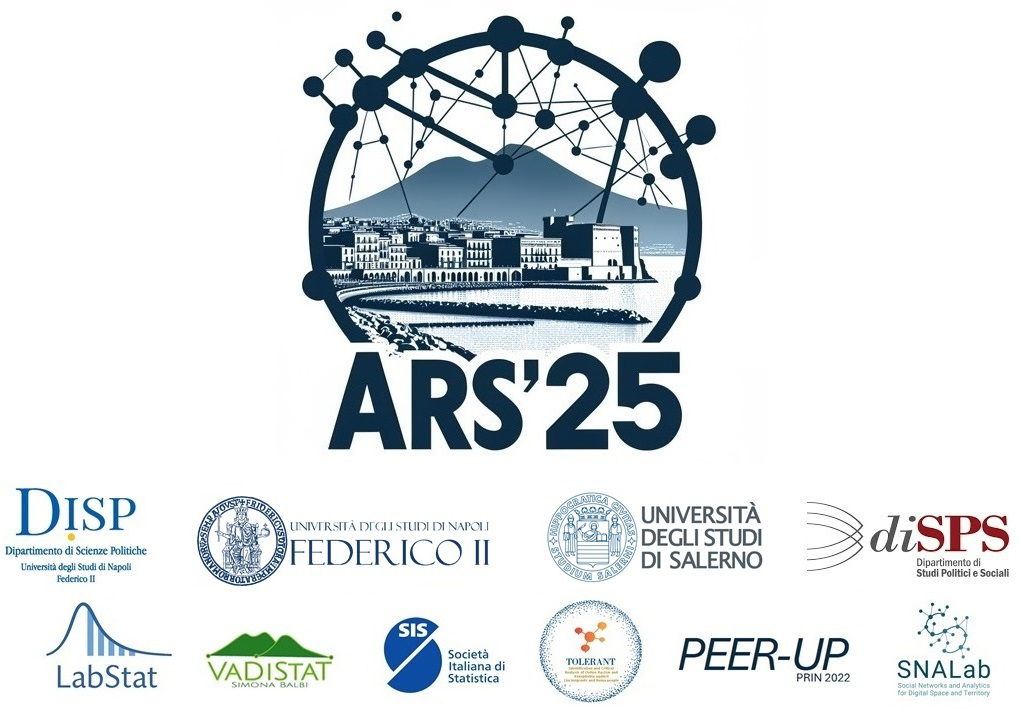Speaker
Description
This study demonstrates the pedagogical value of Systematic Literature Network Analysis (SLNA) for teaching Social Network Analysis (SNA) across disciplinary boundaries. By applying SLNA to the field of in-work poverty research in Europe, the study exemplifies how computational network techniques can be integrated into higher education curricula to foster critical engagement with academic knowledge structures. SLNA combines bibliometric data with citation, co-occurrence, and co-citation network analysis, enabling students to explore the intellectual landscape of a research field and to identify influential works, thematic clusters, and emerging areas of inquiry.
The analysis draws on 822 Scopus-indexed publications, filtered through methodological and geographic criteria relevant to European labor and social policy. Tools such as VOSviewer, Pajek, and Biblioshiny are employed to construct and interpret various networks, perform main path and burst detection analyses, and map the thematic evolution of the field. In the context of generative AI, SLNA offers a structured, transparent, and reproducible framework that complements algorithmic summarization tools while preserving analytical depth and interpretive agency. Additionally, AI aids in collecting necessary keywords that are at the foundation of a literature review search process.
The study focuses on in-work poverty, a complex and policy-relevant phenomenon that exemplifies the intersection of employment, social inequality, and welfare systems. The results reveal a dynamic research trajectory moving from foundational discussions of poverty measurement to contemporary debates on precarity, minimum wages, and gendered vulnerabilities. This pedagogical application of SLNA supports interdisciplinary learning outcomes by teaching students to navigate and interpret large-scale academic corpora through network logic. The study reflects on the didactic opportunities and limitations of teaching SNA through SLNA, including software accessibility, data literacy requirements, and the potential for reflective, inquiry-based learning.
Keywords/Topics
Working poverty
Europe
Systematic Literature Network Analysis

